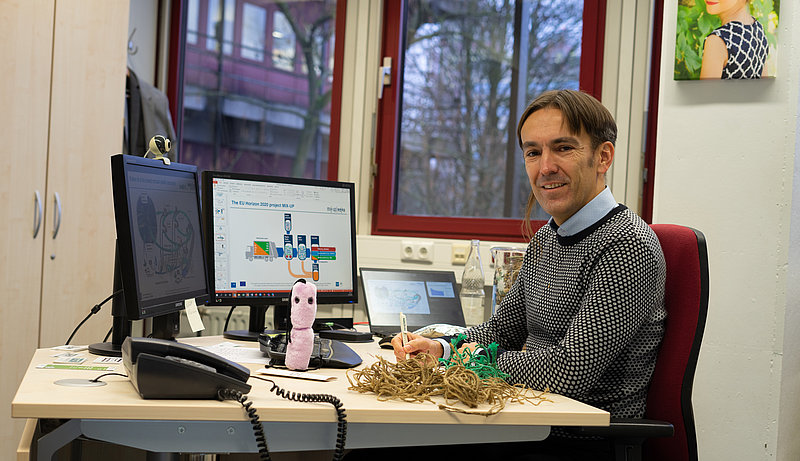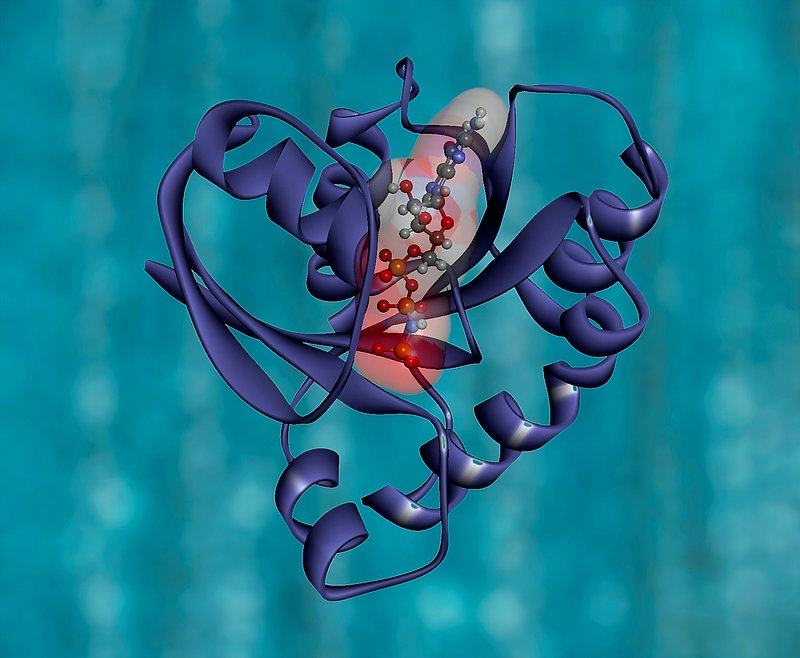It's unbelievable: for decades, we biologists have been cutting our teeth on the question of how the structure of a protein comes about, i.e. how the process of protein folding works. After all, one small protein can have more diversity than all the atoms in the universe put together. And then the Google subsidiary "DeepMind" comes around the corner and solves the problem of protein folding within a competition as if it were nothing more than a computer game. DeepMind had been known for this until then - as an unbeatable opponent in PC games like "StarCraft II". So now the highly developed artificial intelligence has dedicated itself to the broad field of biology - great! We scientists can only benefit from this. The implications will be enormous for biology in the coming years, that much is certain. Certainly we will see advances in drug development.
But as great as the hype is - quite rightly - I have to put the expectations for the field of plastics into perspective: In the fight against plastics, we are not facing an immediate revolution with artificial intelligence. Because knowing the structure of a protein only helps us to a limited extent. Thanks to DeepMind, we can now go through the steps of DNA sequence, amino acid sequence and now protein structure very quickly. But what really interests us is the function of the protein, i.e. which structure of an enzyme can cleave which bond and how quickly.



